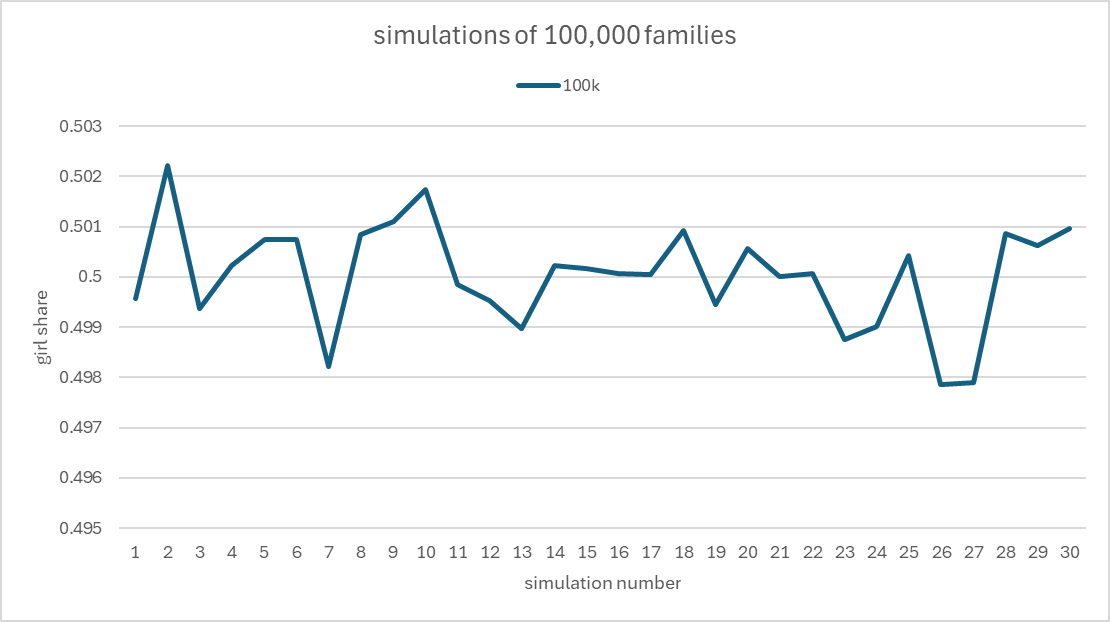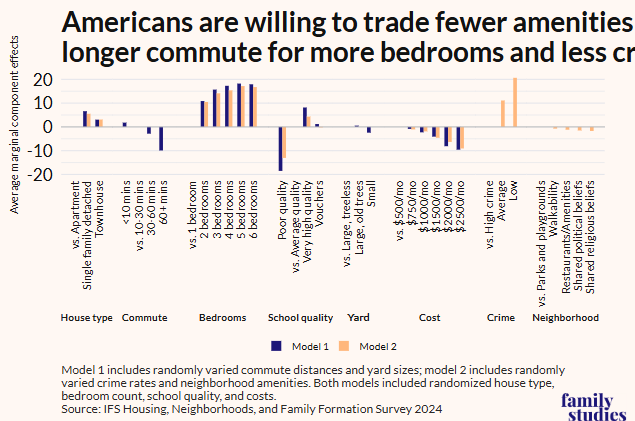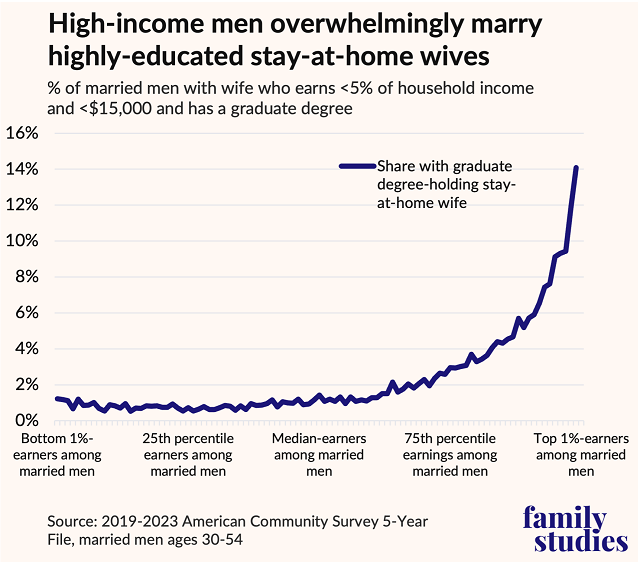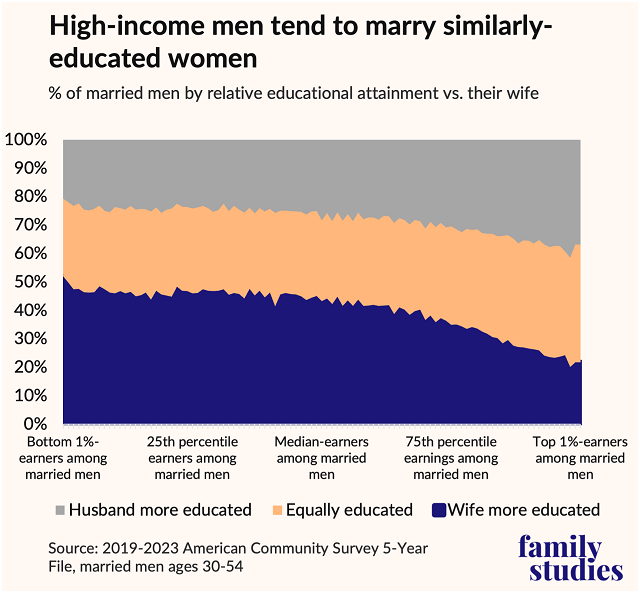THIS PAPER IS SO COOL!
They digitized millions of Wikipedia person-entries to create a "history of notable people." They show trends in the migration, gender ratio, industry background, geography, life expectancy, etc, of "notable people." ideas.repec.org/p/spo/wpecon/i…
They digitized millions of Wikipedia person-entries to create a "history of notable people." They show trends in the migration, gender ratio, industry background, geography, life expectancy, etc, of "notable people." ideas.repec.org/p/spo/wpecon/i…
(obviously "notable" here is "notable in modern databases;" arguably a lot of people believed to be notable in the past may be forgotten today, and this forgetting may be spatially correlated with e.g. colonialism or imperialism)
(OTOH, that may not matter: people notable *to the world we live in today* are an actually-interesting subset of *people ever notable to any society*)
Longevity data.
What's remarkable here is that the trend in life expectancy is not simply up, but a funnel and kinda U-shaped-ish!
What's remarkable here is that the trend in life expectancy is not simply up, but a funnel and kinda U-shaped-ish!

Same story for gender balances as well! The "women kept totally out of public" dynamic is NOT present in the pre-1600 data! There's a lot of variability in the early periods but it really looks like "notability is for men" is a product of early modernity, not antiquity. 

Though, granted, even in the recent cohorts women only make up 25% of the notable people identified, so there's nothing even approximating equality here. But the extent of inequality varies considerably.
Now THIS is a picture of cultural change! Wish I'd seen this a few months ago; I'd have used this data in a report that'll come out on Thursday discussing a closely related topic! 

But folks, LOOK at that rise in sports notability! Here I've zoomed in.
I'm sure a non-trivial share of this is change in sampling, and OBVIOUSLY sports dominates *recent* cohorts because athletes become famous *at young ages*.
I'm sure a non-trivial share of this is change in sampling, and OBVIOUSLY sports dominates *recent* cohorts because athletes become famous *at young ages*.

But while overstated.... the rise in sports fame-dom from e.g. 1950 to 1970 is not just an age thing. That's a shift in social priorities.
However, again, this is a sort of strange sample. Here's their geographic split.
In *1800* , 30% of their notable people were in North America.
That.... is exceedingly implausible.
In *1800* , 30% of their notable people were in North America.
That.... is exceedingly implausible.
It is *exceedingly unlikely* that North America had 30x as many people in it who made notable contributions to global culture today as Asia, especially since at that time Asia had something like 80-90 TIMES as many people in it.
That implies that the average North American in 1800 was something like 2,500 times as "culturally productive" (from the viewpoint of "what is culturally notable in 2021") as the average Asian in 1800. And I just.... don't believe that.
So I think it would be wisest to do like region-population-weights or something.
The authors provide a file with 100k of their notable people. I downloaded it, stripped the file down to just the US, and here's what we get for occupational history by year the notables turned 20. 

So the notable people in America 1750-1890 were apparently *overwhelmingly* politicians.
They were displaced over time *primarily* by celebrities and athletes.
And that's the history of civics in America folks!
They were displaced over time *primarily* by celebrities and athletes.
And that's the history of civics in America folks!

Here it is consolidated even more.
Very interested in theories of American history that explain a linear increase in the prevalence and importance of entertainment 1820-1930, but not much increase after that.
Very interested in theories of American history that explain a linear increase in the prevalence and importance of entertainment 1820-1930, but not much increase after that.

I mean basically just industrialization right?
but fwiw, that's also basically the period the US underwent its fertility transition
but fwiw, that's also basically the period the US underwent its fertility transition
oh no did i just walk myself backwards into a marxist reading of us cultural history
• • •
Missing some Tweet in this thread? You can try to
force a refresh




















